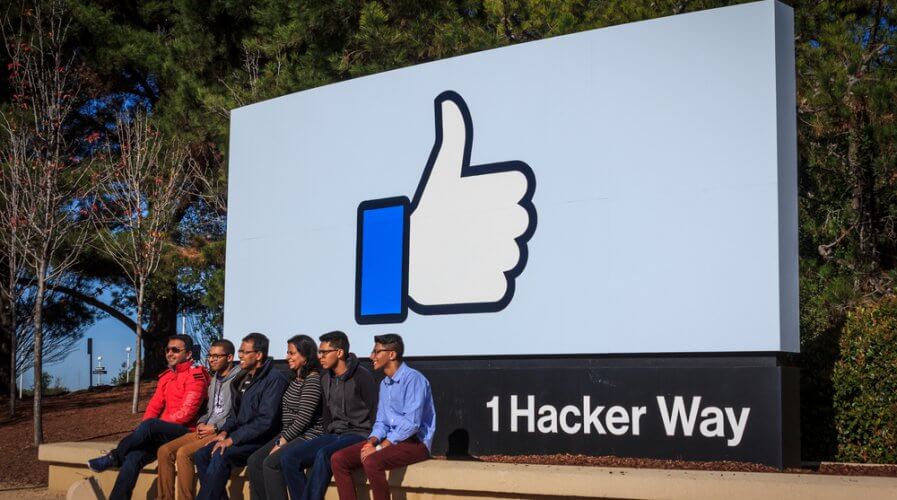
Facebook lost billions when it lost the trust of its users. Source: Shutterstock
Trust is key to winning with digitally savvy customers — Dentsu
CUSTOMERS are getting smarter and smarter in the digital age. As a result, it is getting increasingly difficult to make an impression on them via marketing — no matter how clever the creative.
According to a recent Dentsu study, most digital-savvy customers use ad-blockers, limit their time on the internet, and stay away from marketing gimmicks on social media.
These hard to reach customers, interestingly, are also the most likely to use digital products and services.
Those that participated in the Dentsu study booked cabs on their phones, used music streaming apps regularly, and shopped online.
“The people who are hardest to reach are also the most commercially valuable. This means brands will need to find new ways to maximize the value of precious moments of interaction with consumers, moving beyond reach to creating more meaningful moments of engagement.”
However, another important issue the study raised was that of trust — or the loss of it as a result of failure to protect data and privacy — and its impact on brands.
Dentsu found that 80 percent of people globally would stop doing business with an organization that misused their data. In China, that figure is as high as 86 percent, while in Australia, Singapore, and Thailand, that number is a little lower at 74 percent, 73 percent, and 73 percent.
“Data use has become a red line for consumers that businesses transgress at their peril.”
Obviously, brands understand this — with Facebook having suffered significant losses as a result of the Cambridge Analytica scandal.
The social media giant lost US$120 billion in market capitalization in a single day and still faces billions in fines and regulatory action. The company is working hard to repair its image and earn the trust of customers across the world; customers are forgiving but not quick to forget.
Well, given the changes in the digital landscape, Dentsu has some recommendations for brands to help maximize the value of their digital engagement with customers.
# 1 | Segment consumers and audiences by motivation and needs:
Traditional demographic approaches to segmenting consumers are insufficient.
Looking at customers through the lens of digital needs can help brands find ways to increase positive engagement with digital products and services, as well as help test new services with more skeptical user groups.
Dentsu believes that different customers have different needs in the digital world — and the needs of two individuals of very different demographic groups could be very similar if they, for example, have similar beliefs about trust.
# 2 | Focus on engagement, not reach:
The most valuable consumers are reducing the amount of data shared online, installing ad blockers and limiting their time online.
That means working harder to maximize the value of interactions that will often be initiated by consumers themselves.
To be fair, this is advice that digital marketers have been giving to brands for a long time — but the new study definitely provides a lot of proof as to why this is great advice.
# 3 | Help people undertake their own digital detox:
Enabling people to have a healthier relationship with digital may mean sacrificing access to data, but over the long-term, it will lead to a better relationship based on trust.
What Dentsu means is that sooner or later, people will distance themselves from digital in a way that protects them. Brands need to embrace this and help build trust so people will willingly share data even when they’re on their digital detox journey.
While each brand is different, and advice must be interpreted to suit the needs of the organization’s products, customers, and circumstances, the advice that Dentsu provides is reflective of the market today.
Brands need to make the changes necessary now if they want to hold on to their customers and continue to get the most out of their ad-spend in the future.
READ MORE
- Strategies for Democratizing GenAI
- The criticality of endpoint management in cybersecurity and operations
- Ethical AI: The renewed importance of safeguarding data and customer privacy in Generative AI applications
- How Japan balances AI-driven opportunities with cybersecurity needs
- Deploying SASE: Benchmarking your approach






